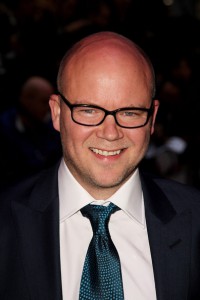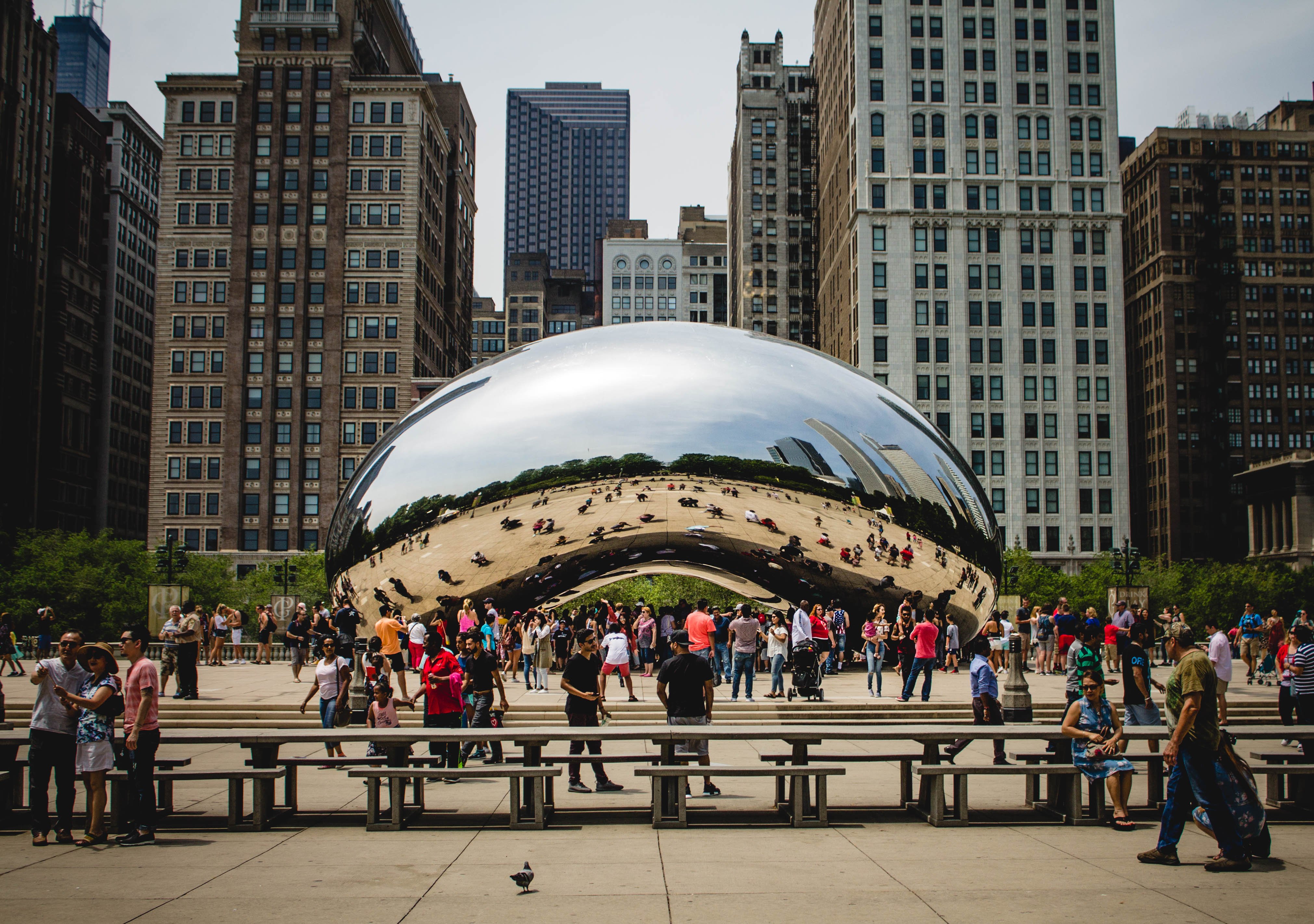 1. People who haven’t been to Harvard complain that those who have will always let you know about it within five minutes of meeting you. Doesn’t matter if it’s a propos of nothing, they’ll always find a way of shoehorning it into the conversation. I’m happy to say I’m not like that. I wait at least 10 minutes. So that’s reason number one: I can tell people I went to Harvard.
1. People who haven’t been to Harvard complain that those who have will always let you know about it within five minutes of meeting you. Doesn’t matter if it’s a propos of nothing, they’ll always find a way of shoehorning it into the conversation. I’m happy to say I’m not like that. I wait at least 10 minutes. So that’s reason number one: I can tell people I went to Harvard.
2. At Oxford, where I studied Philosophy, Politics and Economics, I was taught in a very different way to the method. I was taught at Harvard. I didn’t go to any lectures, never participated in any discussions and only talked about my subject with my tutors. The tutorial system is good at teaching you how to think, but not so good at giving you an overview of your subject. I ended up with a firm grasp of a few things, but not much sense of how they all fitted together. At Harvard, by contrast, the basic model was lecture followed by class discussion. That turned out to be the perfect complement to the education I’d received at Oxford. It was like being given a map of my subject for the first time.
3. It has left me a lifelong Americaphile, but the funny thing is that I was very critical of America during the year I spent at Harvard. In Democracy In America, Alexis de Tocqueville warns of the tyranny of the majority and I certainly found plenty of evidence of that. The period 1987-88 was the height of the political correctness epidemic and it shocked me that at a great seat of liberal learning like Harvard it was more or less taboo to dissent from this knee-jerk, egalitarian dogma. Yet I fell in love with the country nevertheless and after I left I found myself passionately defending it – and still do.
4. I took a class at Harvard taught by Stanley Cavell on what he called “Hollywood Remarriage Comedies” – about a dozen classic screwball comedies, including His Girl Friday, The Lady Eve, and It Happened One Night. Basically, we watched the films then discussed them afterwards. It wasn’t what I expected to do at Harvard, but I’ve loved that period in Hollywood’s history ever since and I re-watch those movies whenever I get a chance. I subsequently started a magazine called the Modern Review in which intellectuals and academics waxed lyrical about mass culture, and it owed a lot to Stanley Cavell.
5. I wouldn’t say the year I spent in America turned me into an internationalist, but it left me feeling a bit less provincial. When I returned to Britain I longed to go back, and I did go back for five years from 1995-2000. For most of that time I worked for Vanity Fair and I subsequently wrote about the experience in How to Lose Friends & Alienate People. I found plenty to dislike about America during those five years, too, but weirdly, I’m now even more of an Americaphile than ever. I’m planning to rent an RV next summer and drive my four kids from one end of the country to the other. I know they’re going to fall in love with the place just like I did 25 years ago.
6. Another thing I discovered at Harvard was ice cream. Okay, I’d had ice cream before, but not good ice cream, the kind they sell on every street corner in Cambridge, Massachusetts – or did back then, anyway. I used to order half a pint of chocolate and half a pint of banana from this fantastic place near Harvard Square – all made on the premises – and then go and see a movie and make it last for 90 minutes. That’s still my idea of heaven. Next year, on our road trip, I’m going to go back and see if that ice cream place is still there.
7. I think the whole experience helped me grow up quite a bit. Back then, the Fulbright Award was for $8,000 and it was supposed to cover your maintenance for a year. The expectation was that if you were given this prestigious award, American colleges would be so delighted to have you that they’d waive their tuition fees. Not Harvard – and the annual tuition fees were $12,000 back then. So I arrived in Cambridge with just enough money to cover two-thirds of my tuition and with nothing to live on. In order to survive, I got a job at the university and as a result of having that job I got a break on the tuition fees, so it all worked out. But having to rely on my wits for the first time in my life – not being able to fall back on the bank of mum and dad – was a good lesson.
8. The best thing about it was simply having the opportunity to spend another year learning about a subject I loved. When you’re at university, you imagine you’ll have a lifelong interest in your subject, but actually you won’t have many opportunities to study it after you’ve left. Once you embark on a career and start a family, there’s not much time to spend on anything else. So it was fantastic to have that extra year after the three-years I’d spent at university in England.
Toby Young was given a Fulbright Award in 1987 and spent a year at Harvard studying political philosophy. He is a journalist, co-founder of the first free school in England, author of “How to Lose Friends & Alienate People” and is currently a U.S.-UK Commissioner.


No Comments